
Maths equations, as easy as pi
Many editors will come across maths equations in their work. Knowing what the parts of an equation are, and whether to italicise the letters within the equation, will simplify the editing process and enable you to use correct terminology when writing comments to the author.

The rest is history
Authors often confuse the adjectives historic and historical. Unfortunately, these words are not interchangeable, but understanding when to use one word over the other is relatively easy. Use of the indefinite article “a” or “an” before words that start with an “h” is a bit more difficult to explain, and many people have strong feelings about which is correct.

Dash it all!
Hyphens and dashes always seem to cause confusion in manuscripts. The simple rule is that hyphens are a type of word punctuation and dashes (or rules) are used for sentence punctuation.

Referencing styles
Many research authors have their journal papers returned with the comment: “Please adhere to the journal style for referencing”. What does this mean, and how can an author better prepare their references according to a particular referencing style?

Editing numbers
Dates can cause a lot of issues in scientific writing. Here we will focus on just one aspect of writing dates: decades.
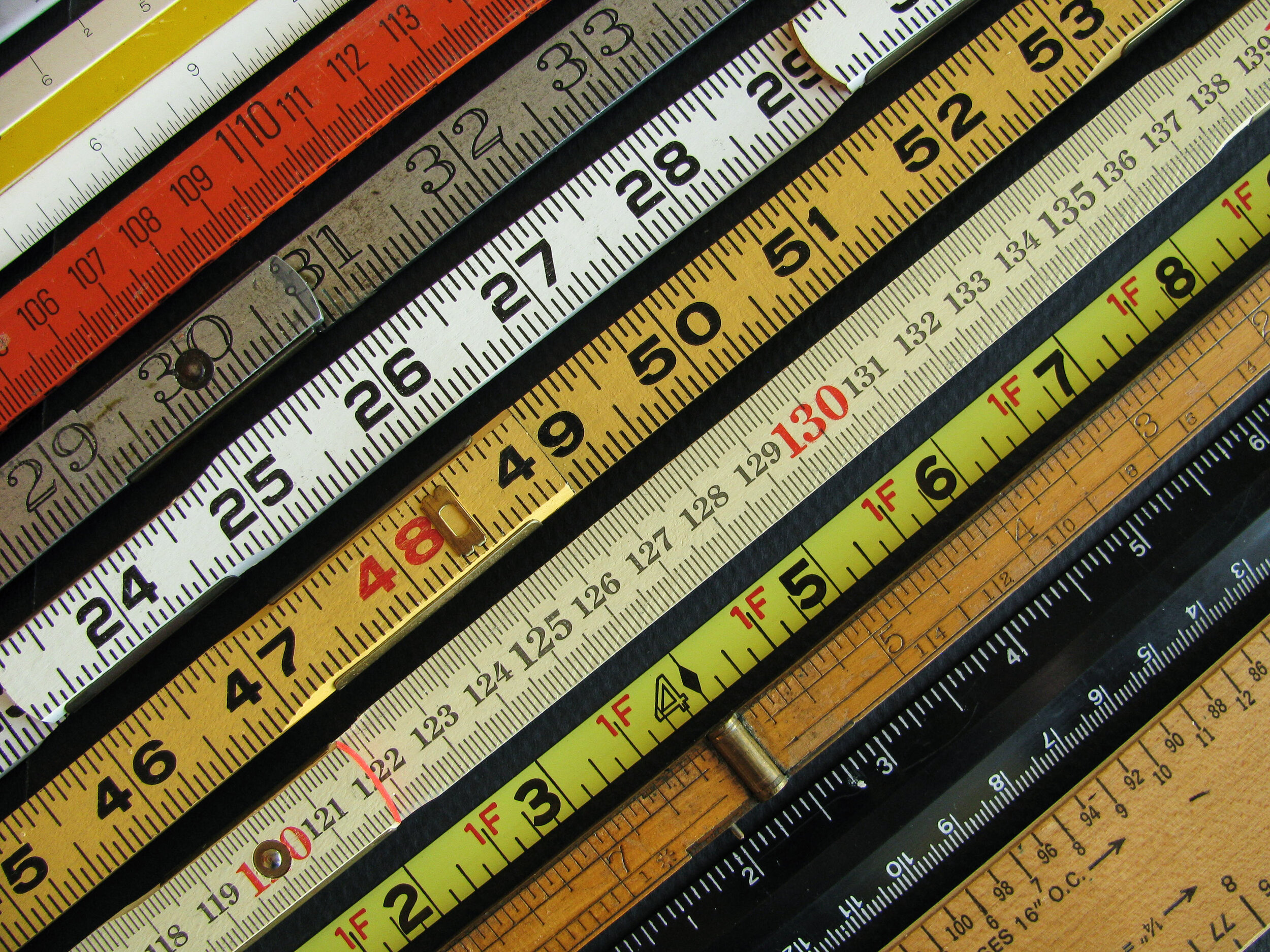
Editing numbers
The International System of Units (SI, after the French Système International d'Unités) was created by the International Bureau of Weights and Measures (BIPM) in 1875 to create a worldwide unified system of measures.
There is often confusion about whether SI units, and their derived units, are singular or plural.
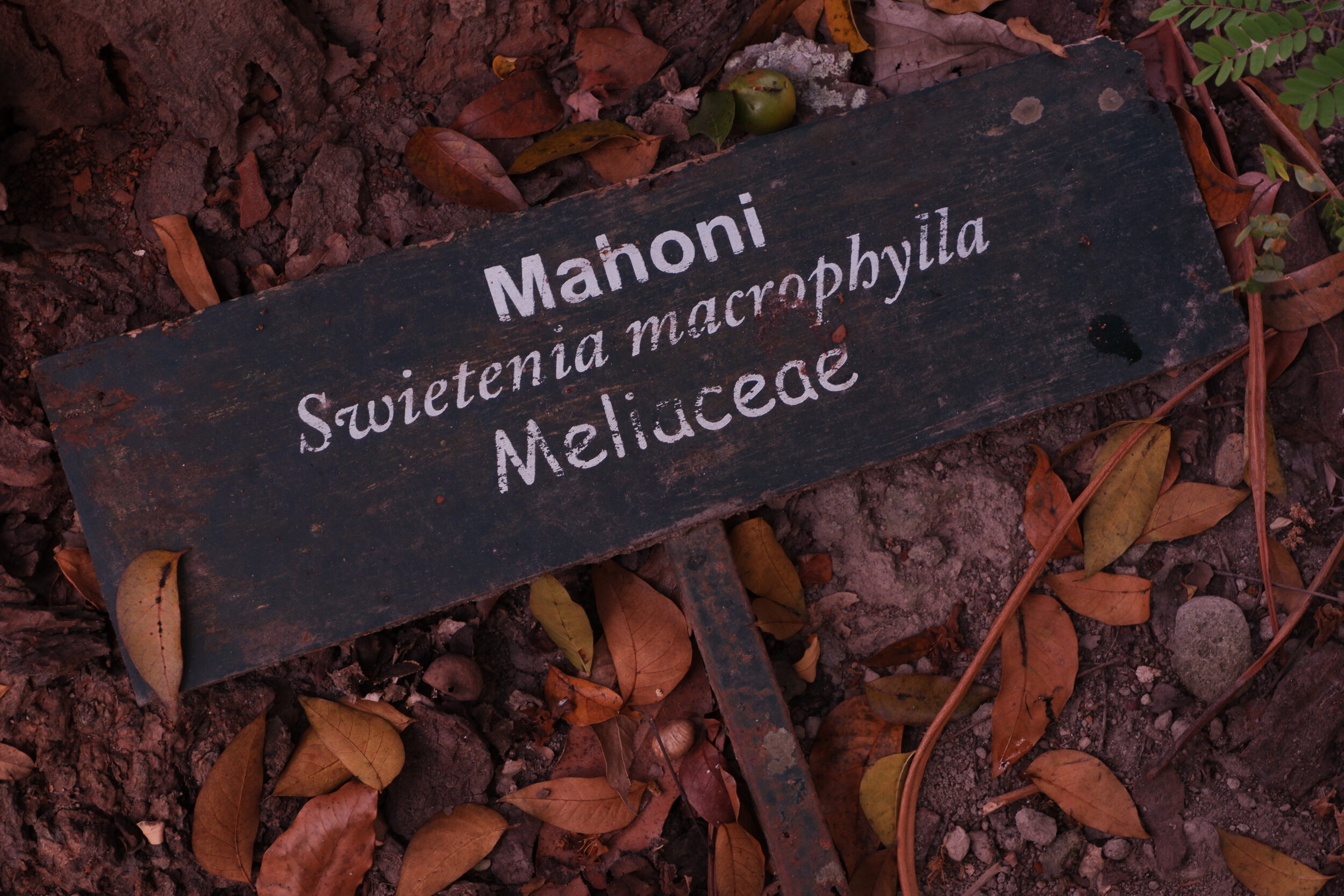
Vernacular names of plants and animals
The vernacular name of a plant or animal is also known as the ‘common’ name. The common name is often used alongside the Latin, or scientific, name. However, many authors are unsure about when to capitalise common names and if italics need to be used.

Editing numbers
Something I often query in scientific reports is the difference between ‘percentage’ and ‘percentage point’. These two terms are fundamental to statistical analyses, so it is good to have a solid understanding of what they mean and how to calculate them. Understanding ‘percentage change’ is also helpful. In this post, I explain all three concepts using examples.


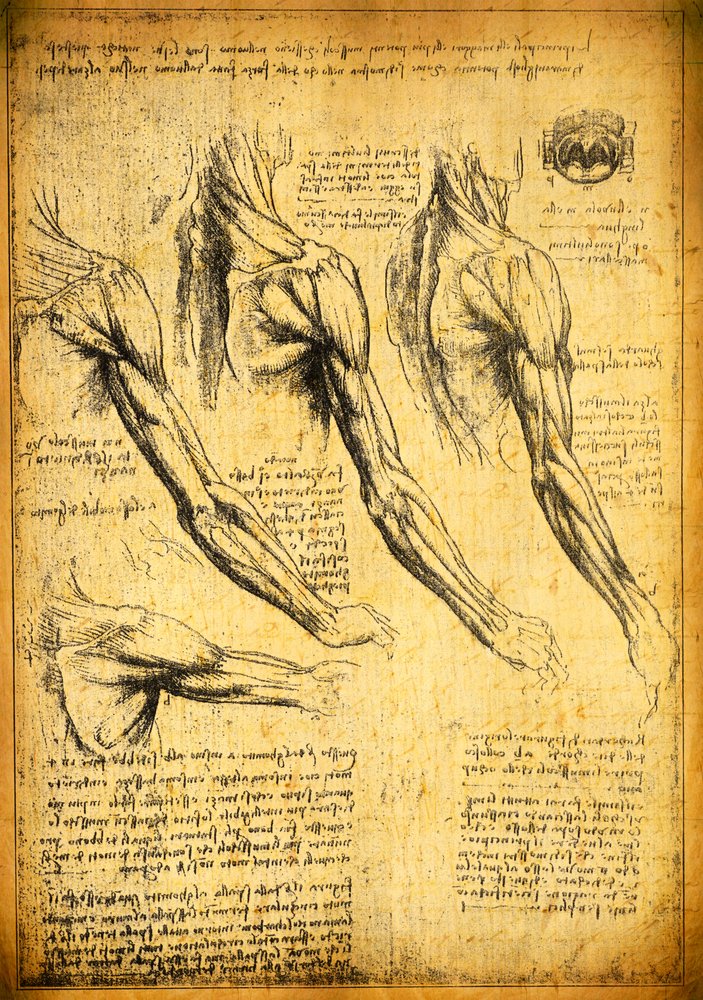
Bothersome backsides and other photo failures
Most clients see editors as word experts and expect an editor’s brief to begin and end with the words on a page. However, editors also have a role to play in helping to check and refine the photography that accompanies a written piece. There are a number of things an editor may look for in photography, including checking for unexpected content and assessing if the photograph is suitable for the publication.
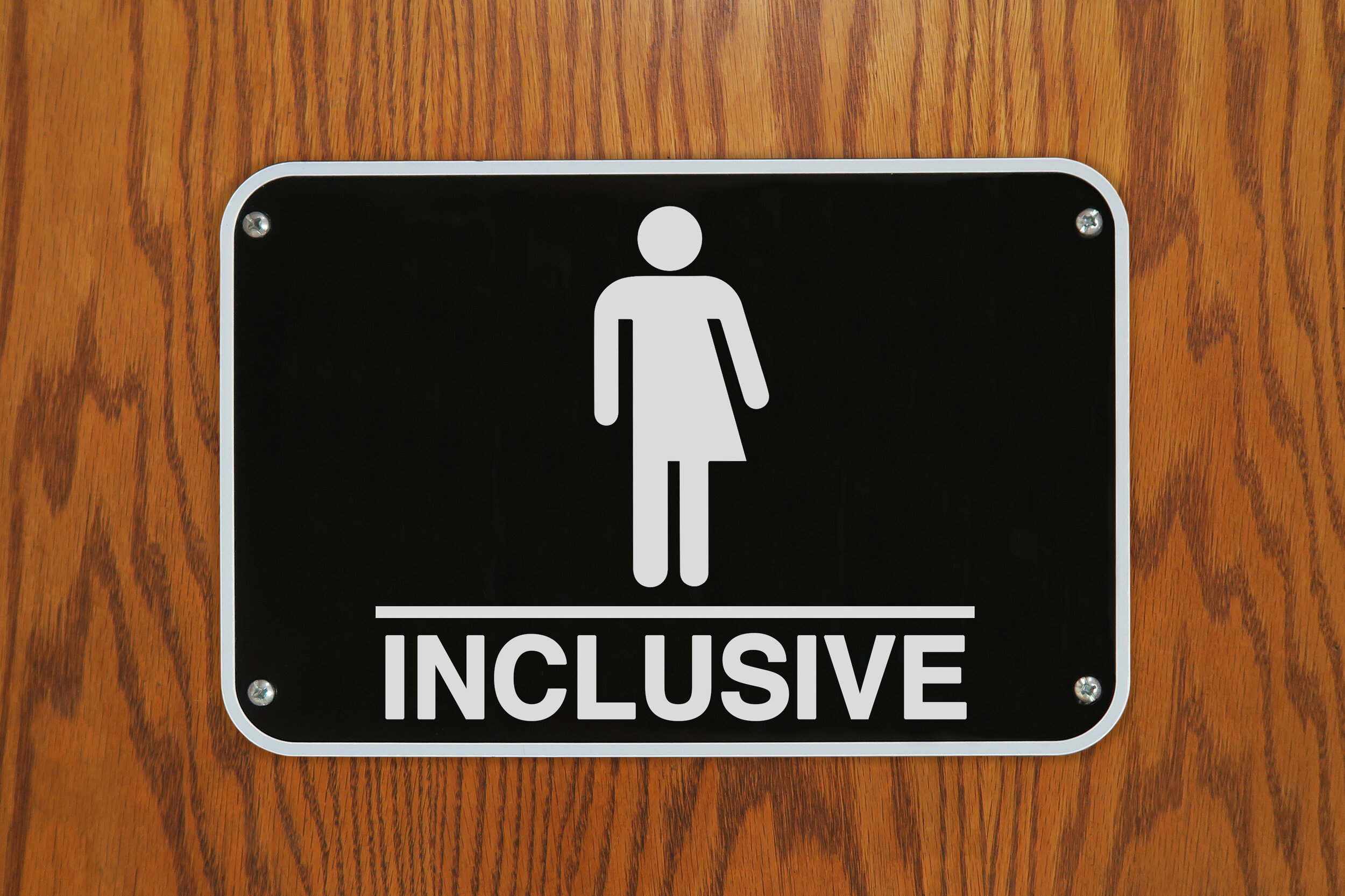
The chairman took her seat, and other gender gaffes
As times change, so do the norms for expressing gender in writing.

Inclusive and accessible publishing
Inclusive and accessible publishing is the creation of published material that is designed to be accessible to everyone. Many clients mistake inclusive publishing as being just for people who are blind or who have vision impairments. But inclusive publishing is about so much more. It is also for people with a range of impairments – including physical, cognitive, sensory, learning and psychosocial disability.

Yes, and…
In December 2019, I participated in a one-day course at the Alan Alda Center for Communicating Science in New York. The course was called ‘Power Connection: Reshaping the Future for Women in STEM’. The focus was not just on communicating science. It also addressed challenges that female researchers might face in their scientific careers by using the acting method of improvisation as a tool to improving skills such as persuasion, negotiation, listening and presence.

Understanding shortened forms
There is one thing that isn’t in short supply in scientific, technical and government writing and that’s shortened forms. Whether acronyms, abbreviations, initialisms or one of several other types of shortened forms, writers often struggle to work out how to use them correctly.

What word for when?
Word lists are tools created by authors and editors to ensure correct spelling and word choice, and consistency of those across one or many documents. The purpose of a word list is to document preferred word spellings so that the author, editor, reviewer and publisher may refer to the list, as they might a dictionary, to ensure the preferred spelling is being used.
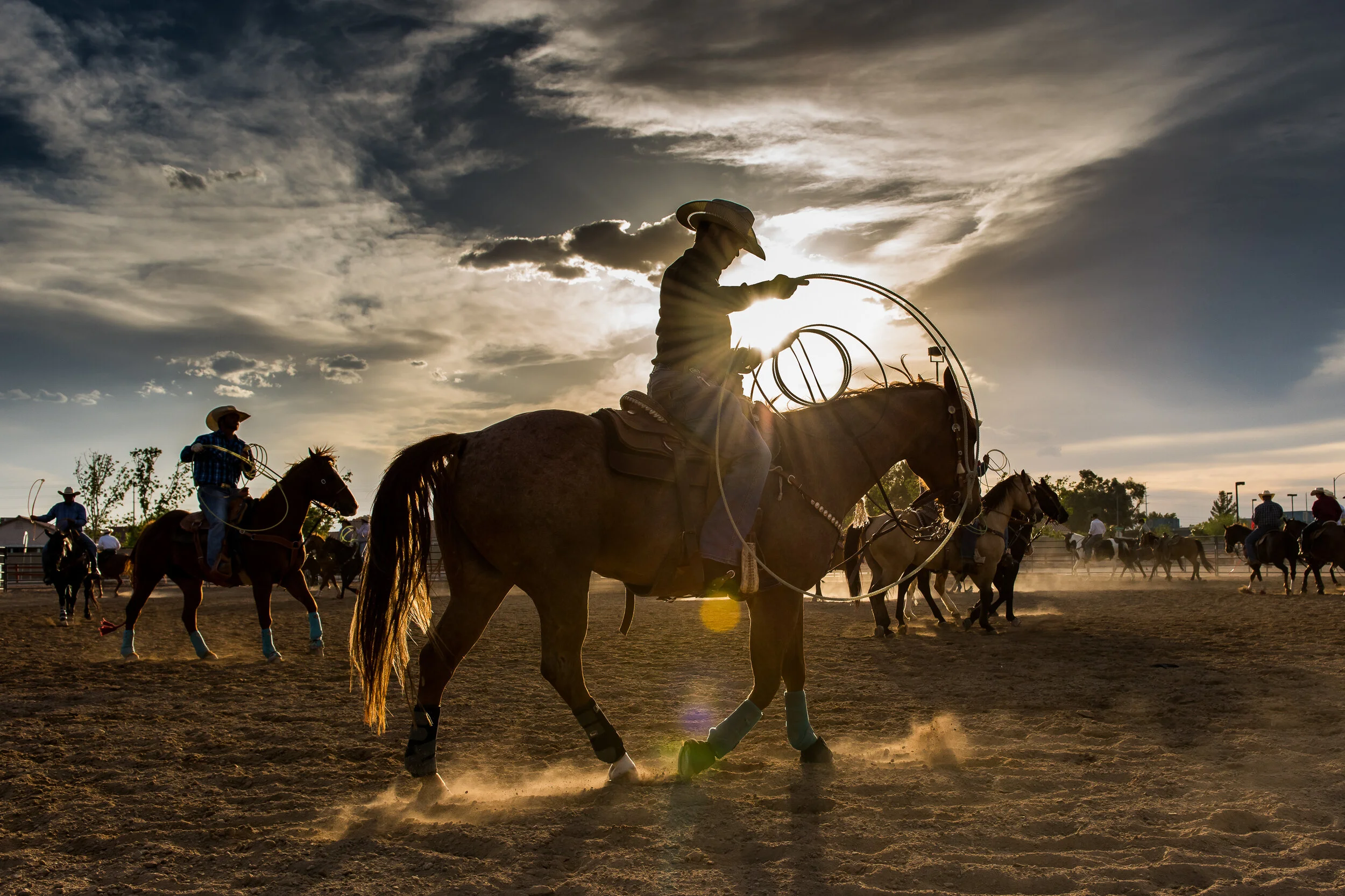
Reference wrangling
One of the more time-consuming issues to correct in a document is referencing. Authors can save money, and time, by doing a few checks themselves before editing begins.